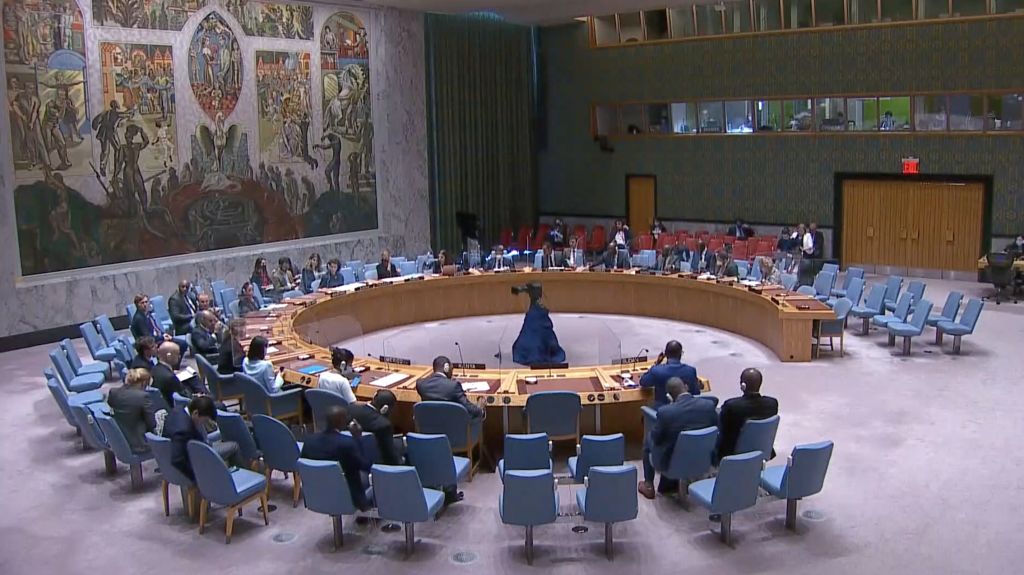Statement by Deputy Permanent Representative Anna Evstigneeva at UNSC briefing on Sudan's sanctions regime
Mme.President,
We have taken note of the report by Chair of Security Council’s 1591 Committee, Permanent Representative of Ghana to the United Nations Ambassador Harold Adlai Agyeman about the work of this subsidiary body of the Council over the recent 90 days. We welcome the Permanent Representative of Sudan to this meeting.
Security Council imposed sanctions on Sudan in the interests of peaceful settlement of an armed conflict in Darfur. In doing so, the Council looked to the Darfur insurgent groups and the government of Sudan to uphold their obligations under agreements made in Ndjamena, Abuja, and Nairobi in 2004-2005. Over the 17 years that have passed since the Security Council adopted resolution 1591, the situation in the country and in Darfur has undergone some major changes, i.a. thanks to the joint UN-AU peacekeeping mission (UNAMID) that was deployed in Darfur from 2007 to 2021. When the Juba Peace Agreement was struck in August 2020, tasks related to state-building process and socio-economic development of Darfur came to the forefront. Establishment of joint forces from among the groups that signed the Juba Agreement is meant to stabilize the region, strengthen legal order and curb outbreaks of violence there.
Against this backdrop, UNSC sanctions have lost their value and have ceased to be a driver of political process. Besides, they impede the efforts of the Sudanese government in the region and do not let supply the security force that is being established with necessary weapons and equipment. It is no coincidence that the government of Sudan repeatedly raised the issue of lifting the arms embargo, but the Security Council has so far articulated no proper reaction to either of these calls. Persistent preservation of Sudanese sanctions, and attempts to sabotage prior UNSC decisions regarding the benchmark indicators and review of the Sudanese arms embargo only confirm our guess that this is done in order to exert political pressure on Sudan despite possible implications for ordinary Sudanese people.
Mme.President,
Resolution 2620 that Security Council adopted on 12 February set out a new term, 31 August, by which clear and realistic benchmarks should be elaborated in order to revisit Sudanese sanctions. We hope that during this process, the Security Council will be able to solve this task by means of a constructive dialogue.
Thank you.
